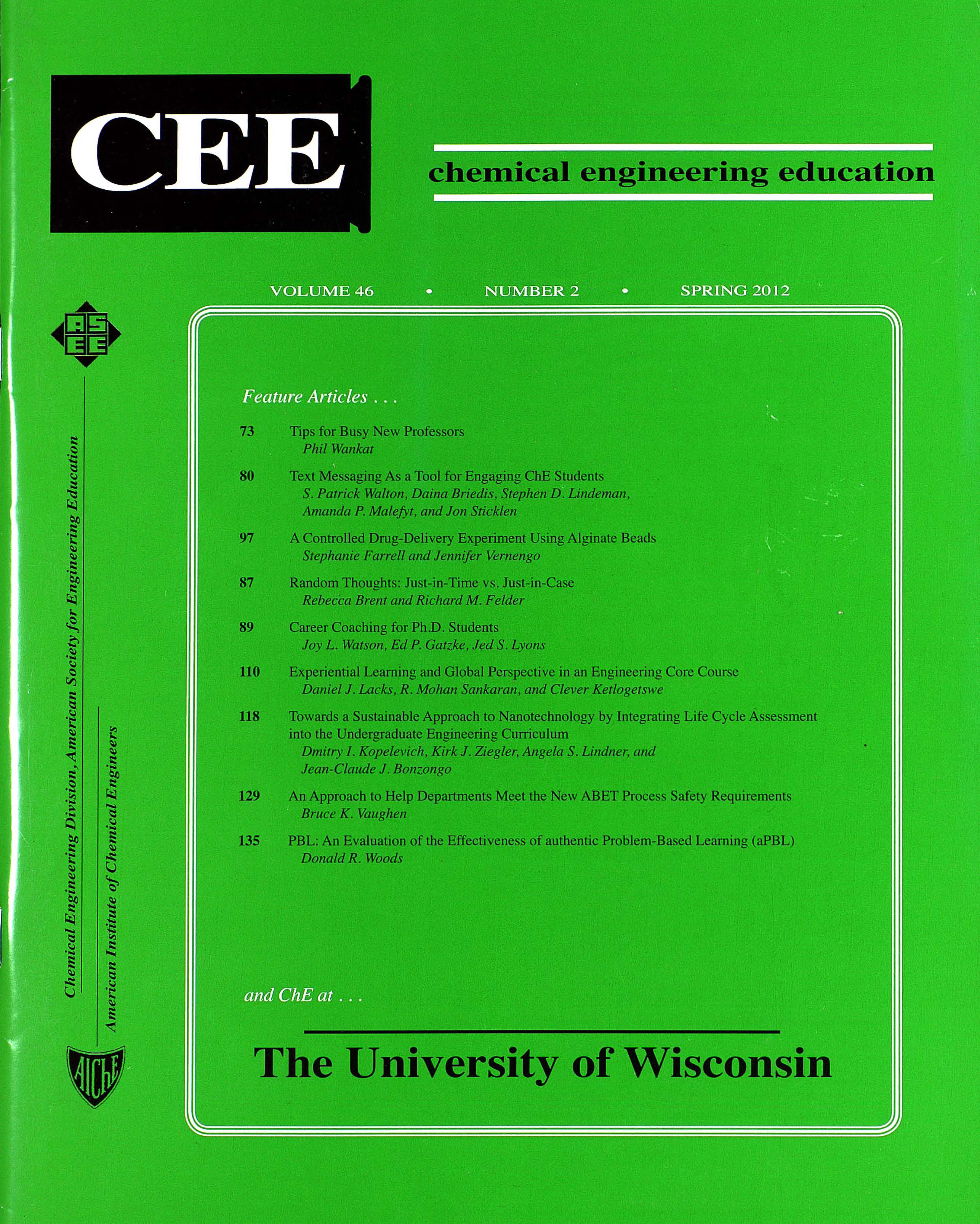PBL: An Evaluation of the Effectiveness of Authentic Problem-Based Learning (aPBL)
Abstract
Many different versions of Problem-based Learning (PBL) are used today. To be consistent in evaluating the effectiveness of PBL, the focus in this paper is on what Howard Barrows called authentic PBL (aPBL). In aPBL students are empowered with the learning process; key distinguishing features are that the students teach each other the new knowledge needed to solve the problem and faculty do not lecture. Evidence is given showing that aPBL, compared with the conventional lecture approach, gives comparable subject knowledge marks; better clinical or trouble shooting skills; better problem solving, team work, confidence, lifelong learning, higher motivation, better long term retention of the knowledge, and the development of deep instead of surface learning. The learning environment is dramatically improved. Exit and alumni responses are extremely positive. This program has improved efficiency in the graduation rates with fewer dropouts. Decisions and concerns about implementing aPBL include using tutored or tutorless groups, preparing students, scaling back to the fundamentals, providing the literature and room facilities needed, using reflective journals, anticipating problems, doing the up-front set up and creating the problems that will drive the learning


